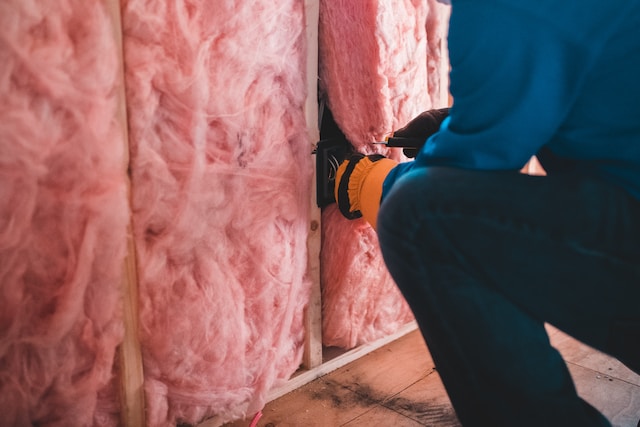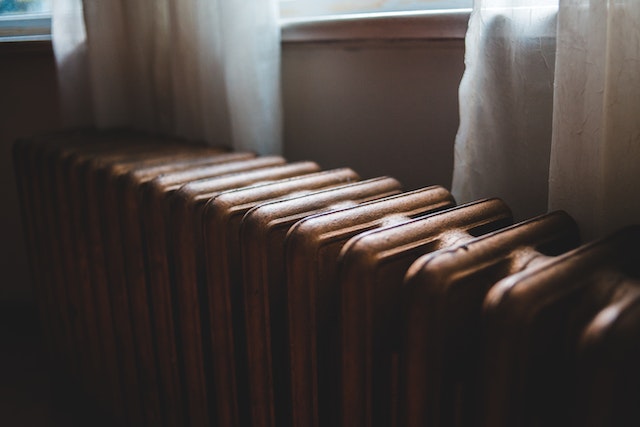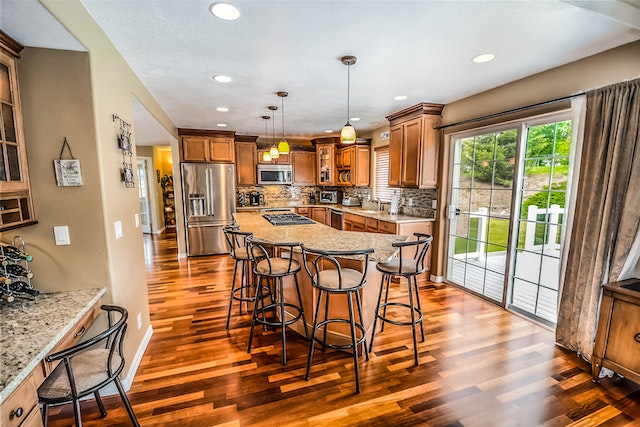
We are all looking for ways to use less energy in our day-to-day home life.
This is influenced by a collective concern over global warming as well as the recent price hikes in gas and electricity that saw British households average an energy bill of over £4,000 in January 2023 according to Ofgem.
Thankfully, the price of fuel is falling which should bring the yearly spend of a typical household to 2,000 from September.
However, to prevent being caught out by cost spikes again, it is worth taking steps to safeguard yourself.
Try these three effective ways to make your home more energy efficient and minimise your bills while doing your bit for the environment.
1. Improve your Insulation

Did you know that Britain has some of the leakiest housing stock in Europe?
Most of our properties are poor at retaining heat, allowing it to easily ‘leak’ out of the walls, windows, and roof. This means that we use more gas than should be necessary to effectively heat our homes.
Improving your insulation is the best way to combat this issue. Big results can be achieved by lining the walls, upgrading your window glazing, and increasing the amount of insulative materials in the roof cavity.
Significant improvement can be accomplished through smaller measures, too, such as draught-proofing your windows and doors.
2. Update your Heating System

Once your house is ready to retain heat, look at updating your heating system. Traditional gas boilers become less efficient over time, as do the radiators that are connected to them.
A quick fix is to replace your boiler. You can choose compact combi-boilers or models powered by electricity which are both more efficient than their traditional gas counterparts.
Bleeding your radiators regularly goes a long way towards improving how well they circulate heat, so it is worth doing this task when you replace your boiler.
3. Switch your Appliances

As well as changing your heating system, you can also switch your appliances to improve the energy efficiency of your home. For example, installing an electric shower with a low-flow head saves lots of energy when compared to a classic model or a bathtub as it only heats the amount of water needed.
It also uses less water overall which helps to reduce your water wastage to boot. You can also consider changes to your kitchen appliances, or the way that these are used. For example, you could install an induction cooker as a replacement for a traditional gas hob or electric model: induction cookers are highly efficient as there is no heat wasted and they produce quicker results too.
Being more mindful will also aid your quest to use less energy, such as only adding the amount of water you need to the kettle each time it is used to boil water.
For further tips check out these posts:
How Can You Reduce Energy Consumption & Lower Cost in Your Home?
4 Ways to save on Heating & Electricity with a Hot Water Bottle
5 Efficient Ways You Can Heat Your Home With Different Heat Pumps
![]()
Author Profile

- Eco Warrior by day, Eco Blogger by night trying to get the eco balance right.
Latest entries
 EnvironmentMarch 31, 20255 Sustainable Materials for Building Your Dream Eco-Friendly Pergola
EnvironmentMarch 31, 20255 Sustainable Materials for Building Your Dream Eco-Friendly Pergola Best practicesMarch 25, 202510 Green Tips to Live a More Sustainable Lifestyle
Best practicesMarch 25, 202510 Green Tips to Live a More Sustainable Lifestyle Green Expert GuidesMarch 12, 2025Flexible Solar Panels for Trucks: Benefits of Smarter Solar Energy Solutions for the Trucking Industry
Green Expert GuidesMarch 12, 2025Flexible Solar Panels for Trucks: Benefits of Smarter Solar Energy Solutions for the Trucking Industry Green Home GuidesFebruary 27, 2025How Sustainable Heating is made simple with Bioethanol Fireplaces
Green Home GuidesFebruary 27, 2025How Sustainable Heating is made simple with Bioethanol Fireplaces





Leave a Reply
You must be logged in to post a comment.